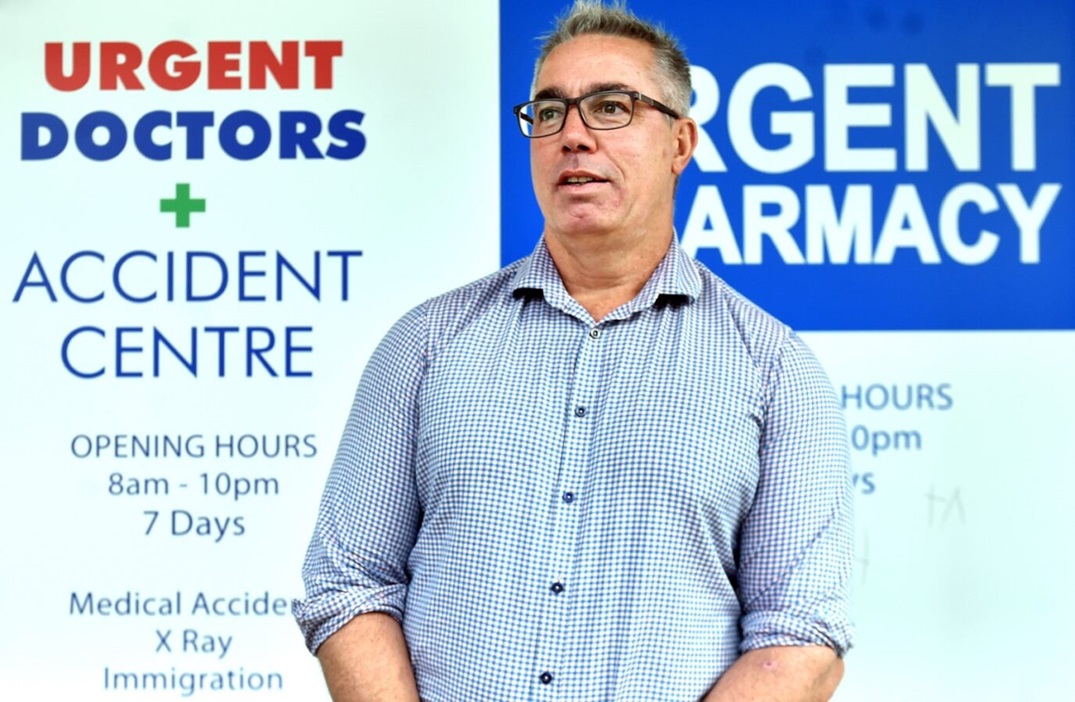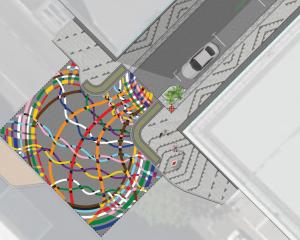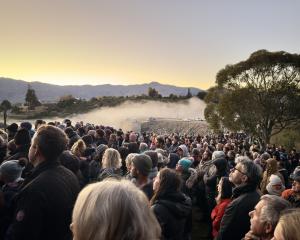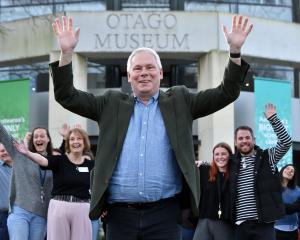Dunedin's Urgent Doctors and Accident Centre is warning of significant cuts to its service unless it is given a swift funding boost.
The centre has just experienced a record year, taking pressure off the hospital emergency department and other clinics by seeing nearly 30,000 patients in 2023.
However, general manager Adam O’Byrne said despite high demand it could be forced to reduce opening hours unless helped by Te Whatu Ora Health New Zealand (HNZ).
"We’ve done the doomsday scenario based on the finances we have, and assets, and if things stay the way they are then we’ve only got another 10 months of operating like this."

Fees were also among the lowest in the country for after-hours clinics, he said.
More funding was needed, and an Accident Compensation Corporation urgent-care contract was being reviewed.
While this was good news, it was not expected to be ready until July next year.
HNZ Southern needed to take action with a funding boost, he said.
While the centre had held multiple positive talks with the organisation — and with primary care network WellSouth — they had not amounted to anything.
"All the nicest words in the world aren’t going to save us," Mr O’Byrne said.
The health system seemed hamstrung by inefficiency.
Many other urgent care clinics elsewhere in the country had received funding top-ups from HNZ to help keep them open, he said.
"The wheels are turning too slow here in Southern, and it is another case of postcode lottery for our patients, who deserve better."
People did not have the option of going to another urgent care clinic as they did in other cities— there was only one in Dunedin, owned and operated by a group of the city’s GPs.
The centre did not want to pass the funding lag on to patients, as this would create another financial barrier to accessing care, which was already a struggle for many.

In April it would need to make some decisions about winding back services, after working hard to improve capacity.
The daytime service would be a likely casualty, pushing all or most of the care provided into an evening timeframe of about four hours.
"We could probably keep one or two GPs on during the day, but that won’t be enough to service everyone and there’d probably be gaps in our roster."
This would lead to more pressure on doctors working busy evening shifts at the centre after working a busy day shift elsewhere, and raised the risk of burnout.
It would also put more pressure back on to the health system, which was already struggling.
"We get people that have to wait up to three to four weeks for a GP appointment, and then ED wait times [are] only growing.
"We provide that urgent same-day appointment."
HNZ Southern did not respond to questions asked from the ODT by print deadline yesterday.












